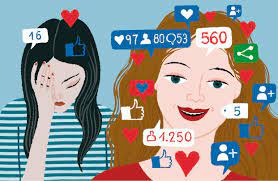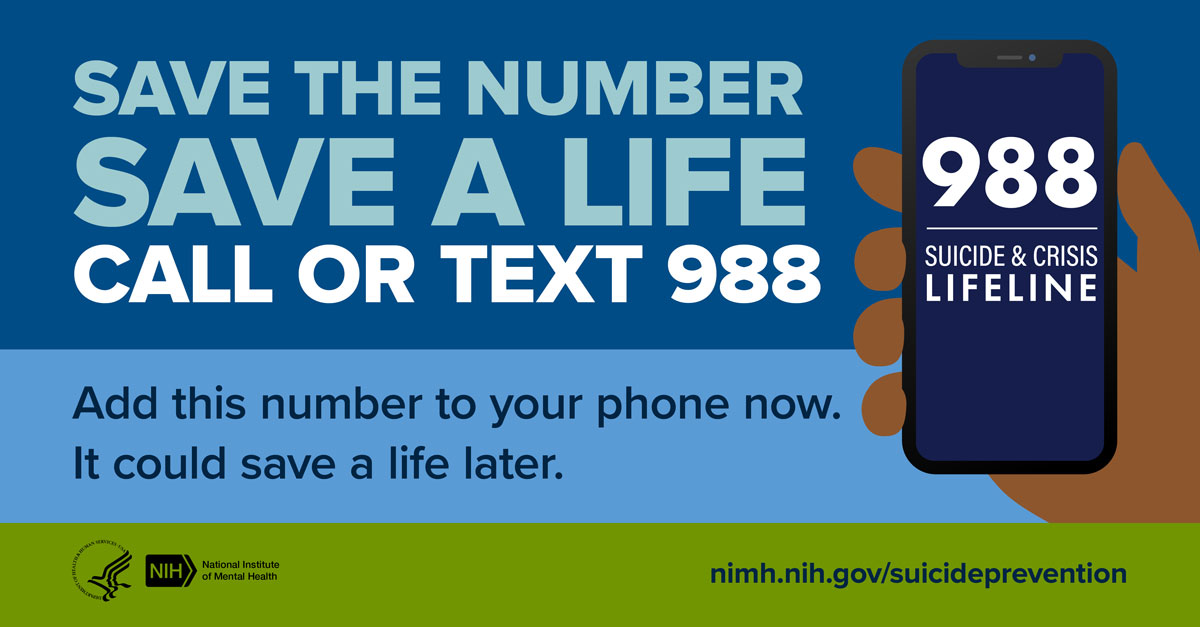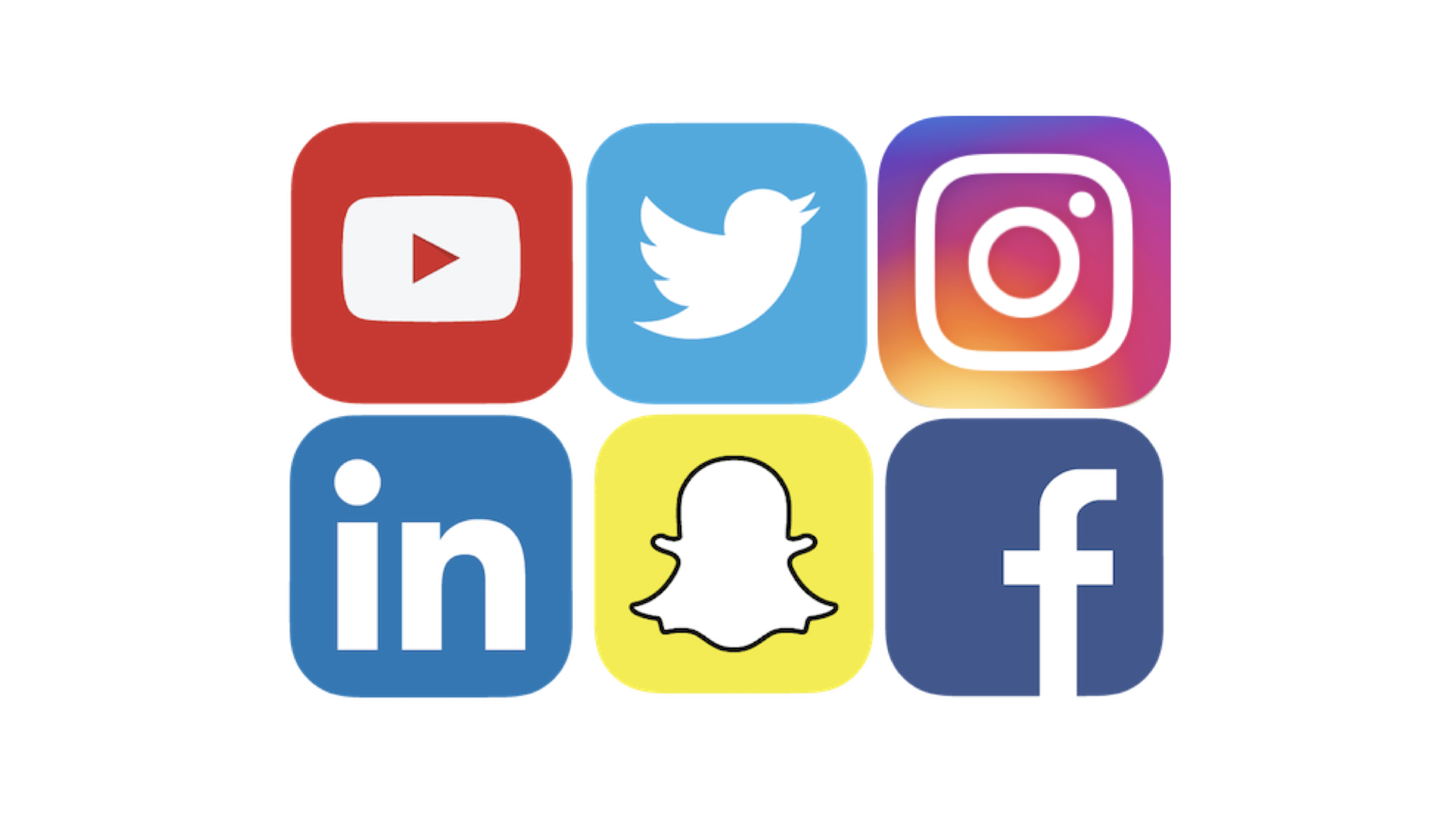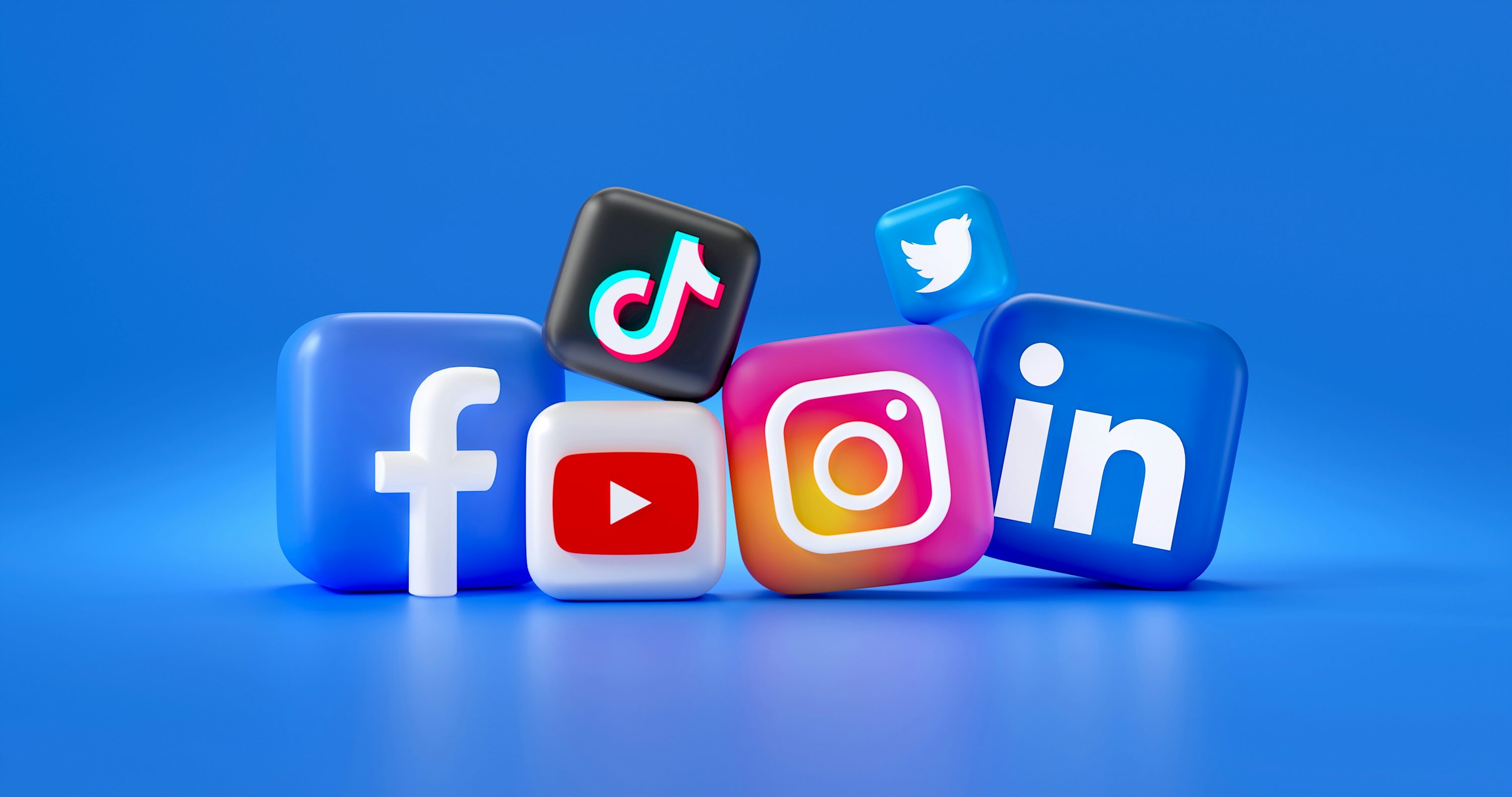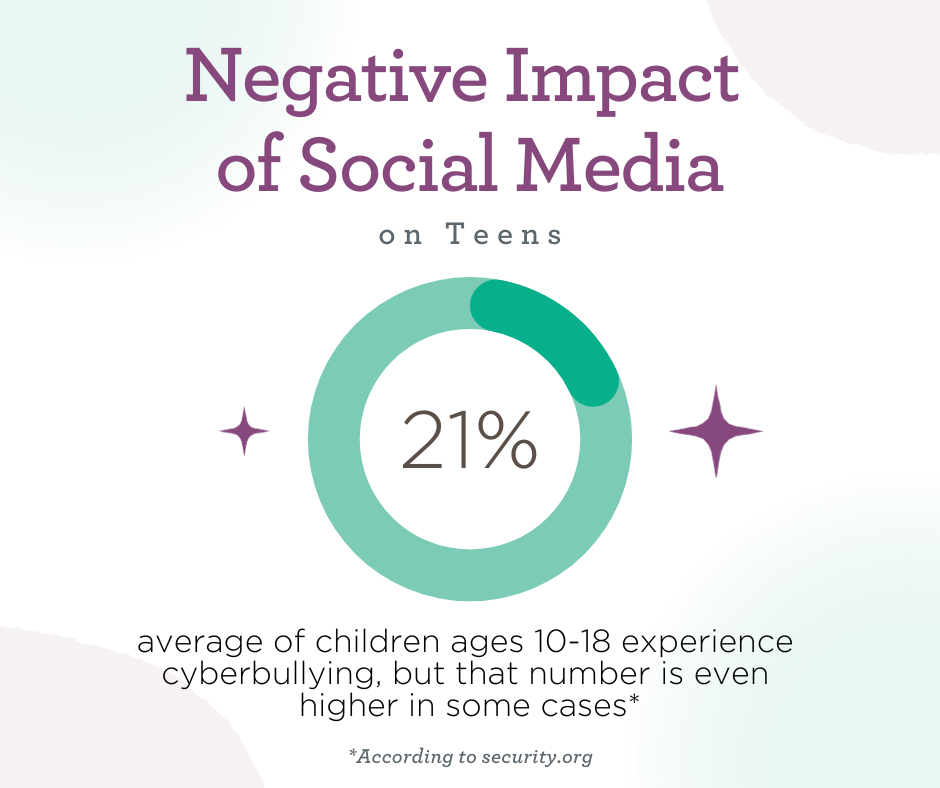Unintended Consequences Of Technology
Technology, especially social media, can have detrimental effects on mental health, particularly for children. As This Article notes, "Kids are subjected to a constant barrage of online content, often shared by their parents," leading to feelings of vulnerability and anxiety. One individual shared that they "felt embarrassed and betrayed" by their parents' posts about them, highlighting how these digital exposures can negatively impact their sense of privacy and self-esteem. The article further explains how "constant comparison to others online deepens insecurity," with many children struggling to maintain a healthy self-image. Ultimately, these pressures and invasions of privacy can contribute to heightened stress and emotional distress, emphasizing the dark side of our increasingly connected world. There are many reasons why people use technology. However, it has changed how we communicate with the world. This is an excellent example of how this child had no idea what was said about them and only realized what was happening after joining social media. This also raises the question of whether you must join social media to be a part of the new world. She had no idea what was being said about her online. I feel there should be a hybrid of being on social media. However, it can really consume your life, and you need to find a balance that works for you.
This has had an effect on most young people. According to this article, Youth suicide rates in the U.S. have been rising steadily, with a concerning 56% increase from 2000 to 2017. The rate among young people ages 10 to 24 reached 10.6 deaths per 100,000 by 2017. This troubling trend makes suicide the second leading cause of death for this age group. This trend not only undermines a pressing public health crisis but also reveals significant racial disparities. This can be seen as the rate of suicide attempts among black youth surged by an astounding 73% during this same period, highlighting a critical need for targeted interventions and support systems. Researcher Michael Lindsey emphasizes the gravity of the situation, stating, "These findings suggest that continued concern and attention regarding suicidal behavior among high school-aged youth is warranted." This call to action urges communities and policymakers to prioritize mental health resources and develop effective strategies to address the rising rates of suicide, ensuring that vulnerable populations receive the support they need. Understanding the underlying factors contributing to this crisis is essential in fostering a safer and healthier environment for all young people.

